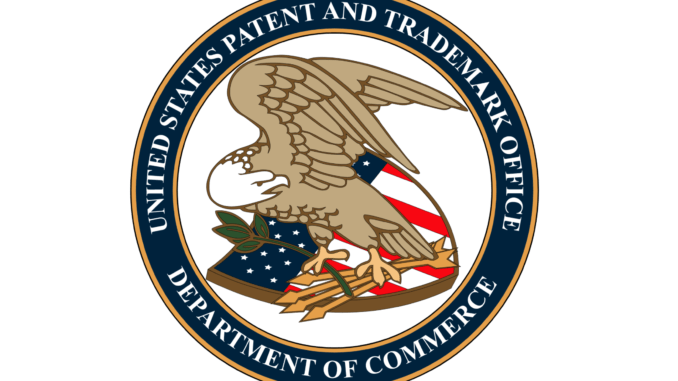
BlackBoiler, an AI-based pre-execution contract review start-up, has bagged four patents from the United States Patent and Trademark Office (USPTO). But, perhaps the bigger question is: are patents for legal tech companies of any real use (see below)?
Profiled in Artificial Lawyer this September – BlackBoiler aims to reduce the time that lawyers spend reviewing and marking up documents such as NDAs, service agreements, and other high-volume contracts.
The simple version of what it offers is:
- Automatically redlines in-bound contracts based on your company’s standards and your historical edits.
- Sends an email with an in-bound contract attached to your company’s dedicated BlackBoiler domain. Automatically get a redlined version back in 30 seconds.
- One-click insertion of your company’s standard negotiation clauses organized by contract domain to ensure consistency across the entire company regardless of who is negotiating.
- The library automatically updates to match contract-specific terms. No more find/replace.
One of the approved patents, is a ‘Method and System for Suggesting Revisions to an Electronic Document‘, which the company says is a core component of its pre-execution technology for contract analysis. The technology suggests revisions to a document-under-analysis (DUA) and is part of a family of three patents as well as additional patent applications claiming this method. The USPTO also issued BlackBoiler a patent for ‘Systems, Methods, and Computer Program Products for a Clause Library’.
‘These patents underscore the significance of BlackBoiler’s intellectual property around our proprietary technology, which creates client-specific editing models and leverages them to markup inbound contracts instantaneously in the Track Changes feature of Microsoft Word’ said Dan Broderick, co-founder and CEO of BlackBoiler.
—
As you’ll see from the profile back in September, Artificial Lawyer sees a lot of positives in this product, and clearly winning four USPTO patents is not easy and shows they’ve made something important. But, more broadly and beyond this specific company, it’s worth asking: does having a patent make a significant difference to a legal tech company? Here are some thoughts:
- If you look at the companies that have been very successful in the legal tech sector, they may well have patents, but this is not why they have done well. Success has been more around addressing a real world use case, building a solid and easy to use product based on real understanding of customer behaviour and technical needs, and developing areas such as brand-building and customer support.
- In nearly every legal tech product category there are other companies offering very similar, or overlapping, products – which all may also have patents, e.g. doc automation, or NLP document review. I.e. this has not made any difference to the proliferation of very similar products.
- Clearly, Artificial Lawyer is not a patent expert, but it looks like many of the ideas behind the tech used in the majority of legal tech companies are far from 100% unique, and even if they are not used that much elsewhere in the legal sector they probably exist somewhere in another market vertical, e.g. financial services.
- People usually say that a key reason for patents is to attract and reassure potential investors. However, investors have sunk tens of millions of dollars into legal tech brands whose offering is very similar to others’. What has differentiated these products sometimes is more about its current client base – i.e. they’ve succeeded at growing revenue and market share. Or the investors are really impressed by the team behind the product. None of that is related to patents.
- Overall, Artificial Lawyer has to say that in the long term having patents may matter when a startup comes to sell to a big player in the market, but unless what is on offer really is radically different to everything else out there, then it remains unclear what the value is.
What do you think?
Patent activity in emerging technologies always follows a similar pattern. First, some startups file patents, then market matures and ultimately a few successful startups compete with the incumbents who generally bought other startups. This is only then that having built a patent position matters.
This is been the case for wireless, AR/VR, robotics, batteries… This is now true for AI and Legal Tech in particular. Investors should be the ones pushing for an aggressive patent strategy: it’s a long term play and they will be the first beneficiaries.
Waste of time. Getting stuff patented takes attention and money away from what’s most important for any startup – actually executing and building product, getting customers, etc. There’s also the very real likelihood these patents aren’t worth anything (as they’re too niche, narrow, or are going to be invalidated).